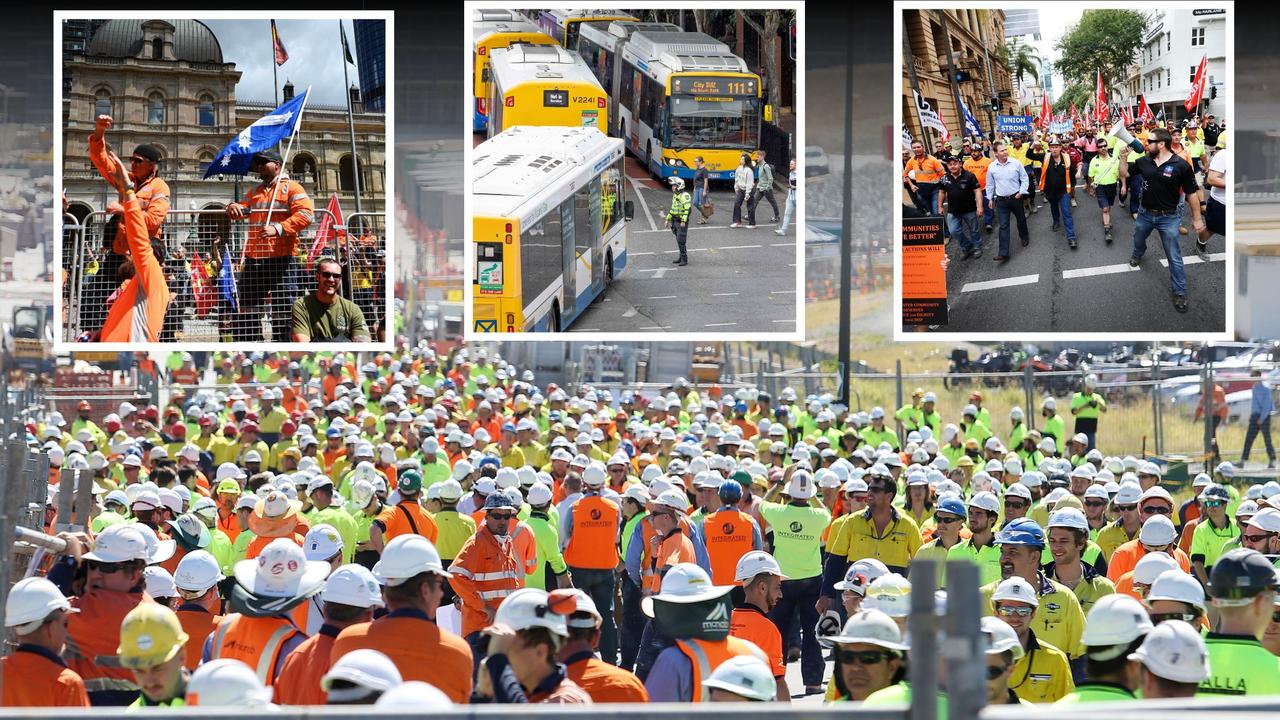Safe Connections Toowoomba: Program wants to create safer space for LGBT people
A new Toowoomba region program is aimed at supporting the LGBTQIA+ community members of the Garden City. Here’s how the program’s focus differs from traditional support services.

Toowoomba
Don't miss out on the headlines from Toowoomba. Followed categories will be added to My News.
Nathan Anastasi was close to packing up and leaving Toowoomba last year, such was the discrimination he had felt as a member of the LGBTQIA+ community.
“I have had experiences in Toowoomba that have made me very cynical of my safety,” he said.
“I had to think about how I walked, talked and presented — I started going down that track so I could hide.
“At one point, I called the real estate agent saying I was going to move.”
But the proud transgender man has now recommitted to living in the Garden City since joining a pioneering program by Lifeline Darling Downs to support LGBTQIA+ people.
Mr Anastasi, together with fellow support practitioner Margaret Martin, have full caseloads of clients as part of Safe Connections Toowoomba.
Ms Martin said the program, funded through the Department of Social Services, covered many of the aspects of a traditional family violence service but with focus on issues that affected people from the LGBTQIA+ community.
“We offer counselling and case management support for victims and survivors, and we’ve also been funded to do community capacity building, so to get our program out to people,” she said.
“We’re already five months in and we have a healthy caseload — what we’re seeing is family violence.
“Our approach is different, because we will be looking at things such as whether the victim’s family refuses to provide correct pronouns, or not allowing access to gender affirming medications.
“Most people who do commit violence against LGBTQIA+ people, they’re the same kind of tactics, but there is a different aspect to it.”
Mr Anastasi said Toowoomba needed the program as he believed the city had a reputation for being unwelcoming to the LGBTQIA+ community.
“I got warned when I said I was moving to Toowoomba — people were saying it would be bad for mental health, bad for my depression.”
Research is now being completed by both Lifeline and the University of Southern Queensland to quantify and qualify the level of discrimination felt by LGBTQIA+ people.
USQ senior lecturer Dr Annette Bromdal said the fact a majority of Toowoomba residents voted against marriage equality in 2017 was clear indication the city was a long way from fully accepting and including people regardless of their gender or sexual identity.
“The voting of no showcases a strong intolerance of the community to begin with,” she said.
“It opens up so many more understandings to what people like Nathan have experienced.
“It suggests why they are isolating and hiding away.”
Both Ms Martin and Mr Anastasi addressed the Toowoomba Regional Council on Tuesday at the ordinary meeting to explain the program and what more it could do as an organisation to create a more inclusive city.
They urged LGBTQIA+ people in need of support to get in touch with the program by ringing 1300 991 443.









